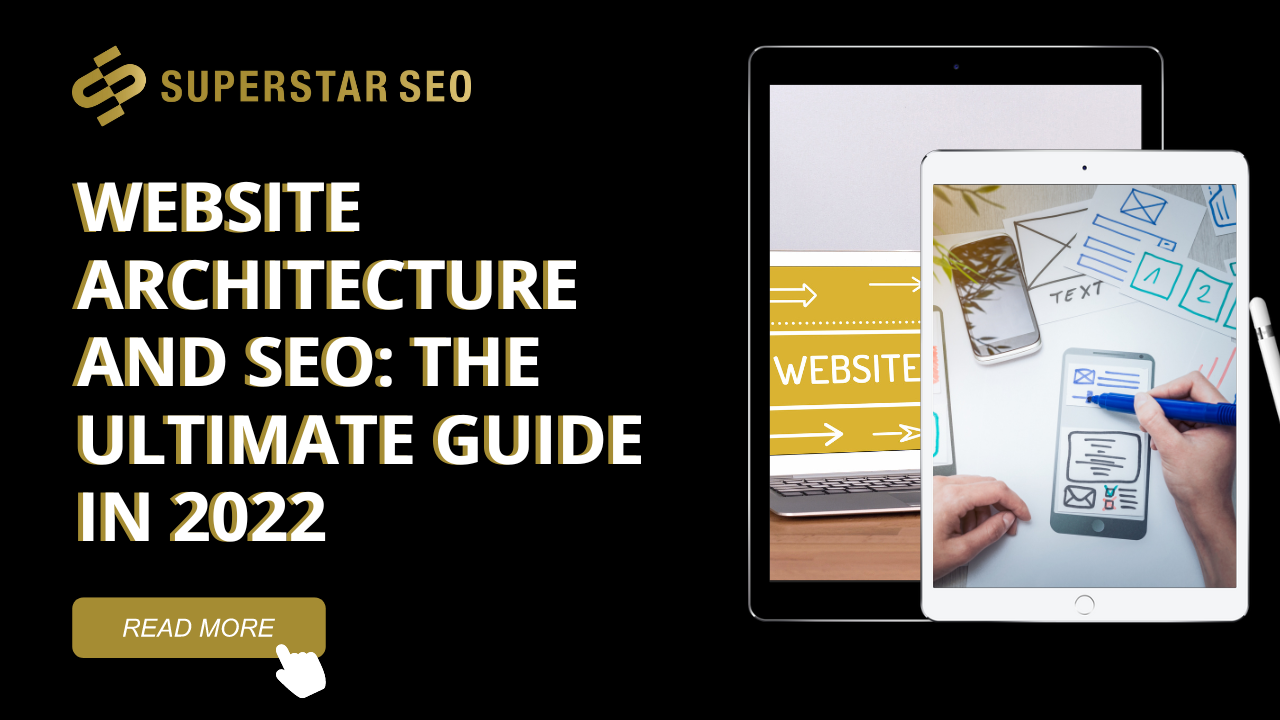Website Architecture and SEO: The Ultimate Guide in 2023
How does your website architecture influence its performance in terms of SEO?
To answer this question, we have to understand the basic concepts of website architecture and the impact it has on the value that a website offers to search engines (and, therefore, to users).
Website architecture refers to various features that shape how your website looks and how your visitors interact with it.
It also makes up the foundation of your website.
It allows it to reach its full potential as far as search engine optimization (SEO) goes and how easily it can be navigated by both human and automated users alike.
There are many different kinds of website architectures, so in this article, you'll find out what they are, why they're important, and how you can use them to make your website more effective in all aspects, including SEO.
The Importance of Your Website Architecture
1. Direct Impact on UX
Good website architecture diagrams help you understand how your website is put together and how users will flow through it.
This understanding is critical for designing a good user experience (UX).
Read here about some website IA (information architecture) considerations that improve SEO.
A well-designed website should be easy to use, visually appealing, and fast.
Google has used page loading time as a ranking factor since 2010.
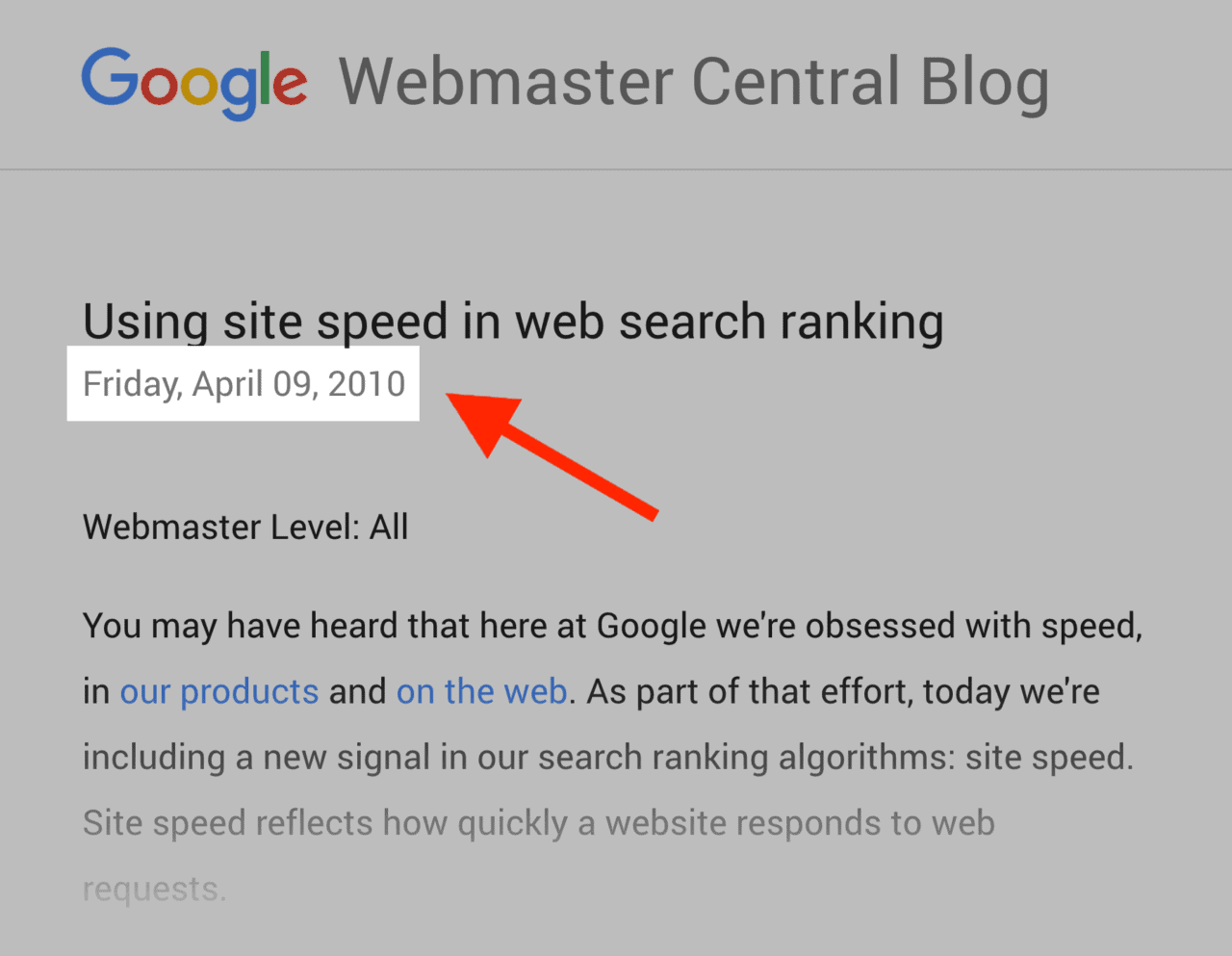
Excellent website architecture can help you achieve these goals by ensuring that your website is easy to navigate and that users can find the information they need quickly and easily.
The easier it is for someone to find what they landed on your site for, the higher the chance that they' l become a client or customer.
2. It Makes It Easier to Navigate
A website architecture plan or diagram helps you see the big picture of your website.
They can be used to plan out the structure of your website, map out navigation, and more.
Plus, they can be a helpful tool for communicating with web developers.
Website architecture diagrams can also be helpful when it comes to search engine optimization (SEO).
By understanding how search engines crawl and index websites, you can make sure your website is designed in a way that will help it rank higher in search results.
Moreover, since one of the main functions of your content is to push prospects through your sales funnel, it makes sense that you'd want to make it as simple as possible for them to navigate.
3. It Makes Pages Easy to Reach Within a Few Clicks
When it comes to website architecture, think about how you want visitors to flow through your site.
A good layout will make it easy for people to find what they're looking for without getting frustrated and leaving.
Navigation should be clear and logical, with buttons and links that are easy to spot while also keeping in mind the three-click rule.
A hard-to-navigate website architecture with poor URL structure will discourage search engine crawlers to look through your website's pages.
While many studies have proved that this rule is a myth, it's still advisable to help visitors get the information they want in as few clicks as possible.
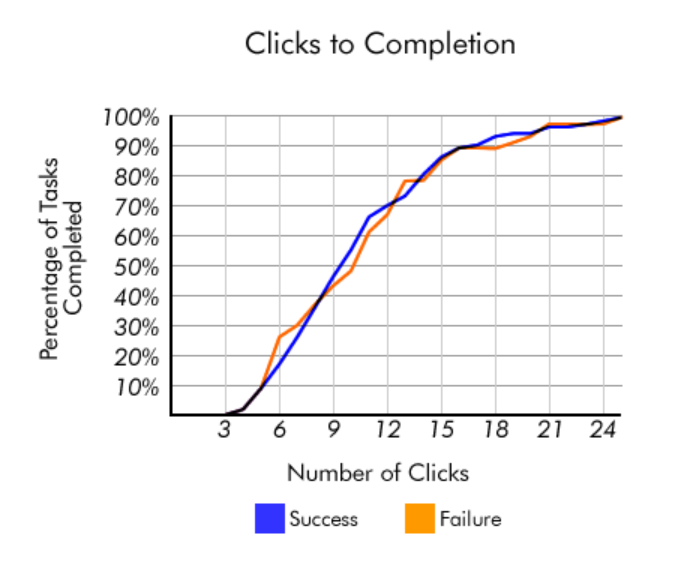
And keep in mind that pages should load quickly and be free of errors.
4. Shows Search Engines How Different Pages Are Connected
Think of your website architecture as the hallways and staircases of a house that connect different rooms.
Each room has a purpose, and one room connects to another through a hallway or staircase.
The design of your website is like the layout of your house — it should be organized in a way that's easy to navigate and understand at first glance.
Don't make it like a labyrinth with a million pages and no internal linking because it won't be fun, not for your visitors or for search engines.
Organizing websites into categories and subcategories makes it easier for people to find what they're looking for on the internet.
A well-organized website is easy for search engines to crawl and index, which can lead to better rankings.
So, search engines will rank your site higher if you have good content, an updated XML sitemap, a well-planned internal linking structure, and links from other sites.
5. It Makes It Easy for Bots to Crawl Your Site
A search engine crawls through a site and finds all links between pages.
Then it uses those links to find all the other pages on that site.
This process is called crawling, and it's what search engines use to index your content.
A good site architecture will make it easy for search engines to understand how your content connects with other sites.
It is better to have an internal linking strategy planned before publishing the website content.
Have a ton of internal links between relevant content.
For example, if you have an About Us page, then interlinking that page back to a category page won't help at all because there's no real relationship between those two pages (unless you've created some kind of relationship).
6. It Maximizes the Benefits of Your Link-Building Strategy
The goal of your website architecture should be to support your link-building strategy.
A well-organized website will earn you higher link authority and search engine rankings, leading to more traffic and conversions.
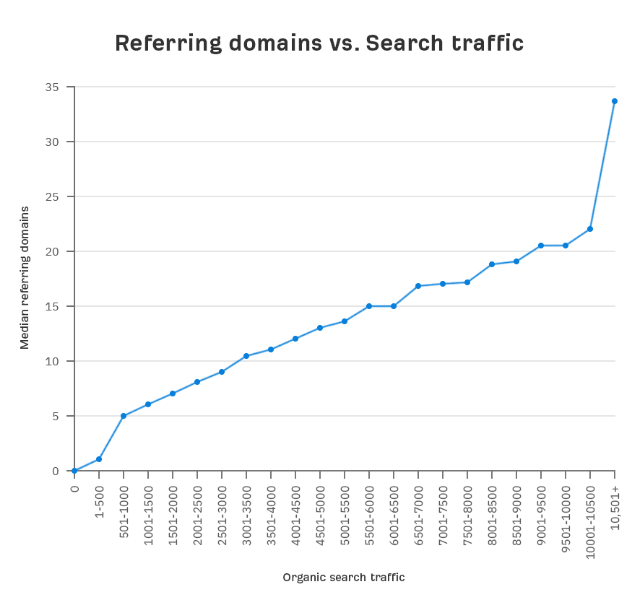
Backlinks are a key ranking factor (even though those coming from 301 redirects dilute some PageRank)
So, to maximize the benefits of your link-building strategy, you must ensure you're correctly distributing link authority throughout your site.
To earn high-quality backlinks, you want to have different pages answering different questions.
In the case of e-commerce site architecture, you might want to have a parent page or the home page, with product category pages, and sub-category pages as the product pages on your site.
7. It Prevents Keyword Cannibalization
By definition, keyword cannibalization is when you have two or more pages on your website targeting the same keyword.
This can happen accidentally if you're not careful with your keyword research.
But it can also happen on purpose if you're trying to game the system by trying to rank for a keyword that's too competitive.
Either way, it's not good for your website.
Not only does it confuse Google, but it also splits up your link equity and dilutes your chances of ranking for either page.
But when you have a clear and carefully planned website architecture, that won't be an issue.
What Else Should You Keep in Mind for Better SEO?
Create and Match Your Sitemaps with Robots.txt
The sitemap is like an index of all the pages on your website.
Think of it as a blueprint of your website that helps search engines find, crawl, and index all of your website's content.
It includes important information about each of the web pages, like when it was last updated and how often it changes.
And sitemaps also tell search engines which pages on your site are most important.
If your site's pages are properly linked, Google can usually discover most of your website.
What this means is that you probably DON'T need a sitemap, but it won't hurt your SEO efforts either.
Moreover, your sitemaps and Robots.txt must work together.
So, if you clock a page in Robots.txt, you don't want it to appear in your sitemap – unless you want to send mixed signals to Google.
Your sitemap says: “This page is important since it is in our sitemap”. But when Googlebot crawls the page, they get blocked.
Make Sure Your Number of Pages Doesn't Exceed Your Site's Crawl Budget
A website's crawl budget is the number of pages Googlebot can and wants to crawl on your site in a specific time.
You can check your crawl budget in Google Search Console.
If you have more pages than your budget allows, some of your pages may not get crawled as often as you want, which can impact your site's ranking.
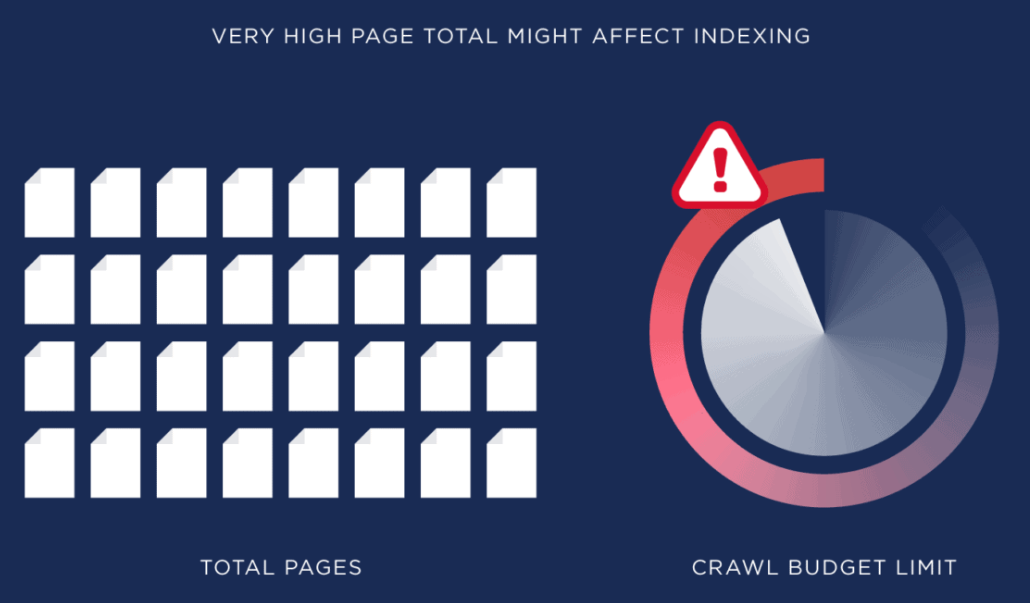
So, if you have a lot of pages on your site, or if your pages are very slow to load, you may exceed your crawl budget, which can hurt your SEO.
Here are some tips for reducing your crawl budget:
- Reduce the number of pages on your site
- Make sure your pages load quickly
- Avoid using infinite scroll
- Don't add too many pages at once
- Keep your sitemap up to date
Pay Attention to Your URL Parameters
Parameters are the values that are passed through the URL to your website.
They help to identify specific content or actions on a page.
If you're not paying attention to your URL parameters, you could be missing out on valuable traffic and ranking opportunities.
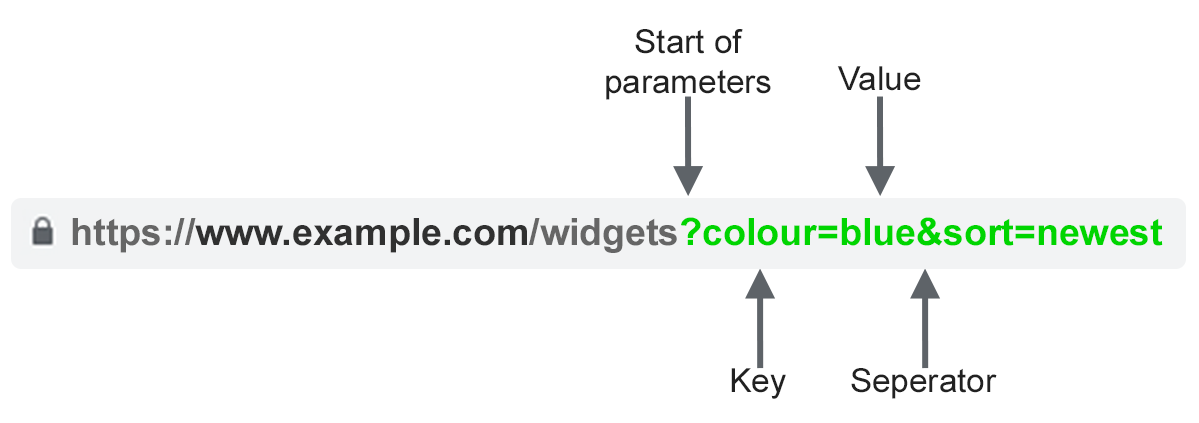
Also, if you haven't built your website yet, carefully choose your top-level domains, as they can heavily impact your site's reputation.
If you're starting a new website from scratch, one of the first things you need to do is choose your top-level domain name.
This is the .com or .org at the end of your URL.
Your domain name should be reflective of your brand and easy to remember.
You also want to make sure that it's available!
Create Smart Content
In order to create content that ranks, you first need to understand how search engines work.
Google and other search engines are constantly indexing and re-indexing billions of pieces of content every day.
A website's architecture is the foundation for your content.
It's the structure that supports your content and makes it easy for users to find what they're looking for.
The best way to create smart content that is tied to your site's architecture is by creating highly targeted, relevant content.
So, to appear in search results, your content needs to be relevant to what people are searching for, and it needs to be well-written so that people will want to read it.
Topic clusters that target users' intents are a great way of achieving just that.
This will also help you attract more visitors and boost conversions to your site.
Choose the Correct Website Structure
If you want to ensure your website is successful, you need to start with a solid foundation – that means choosing the right website structure.
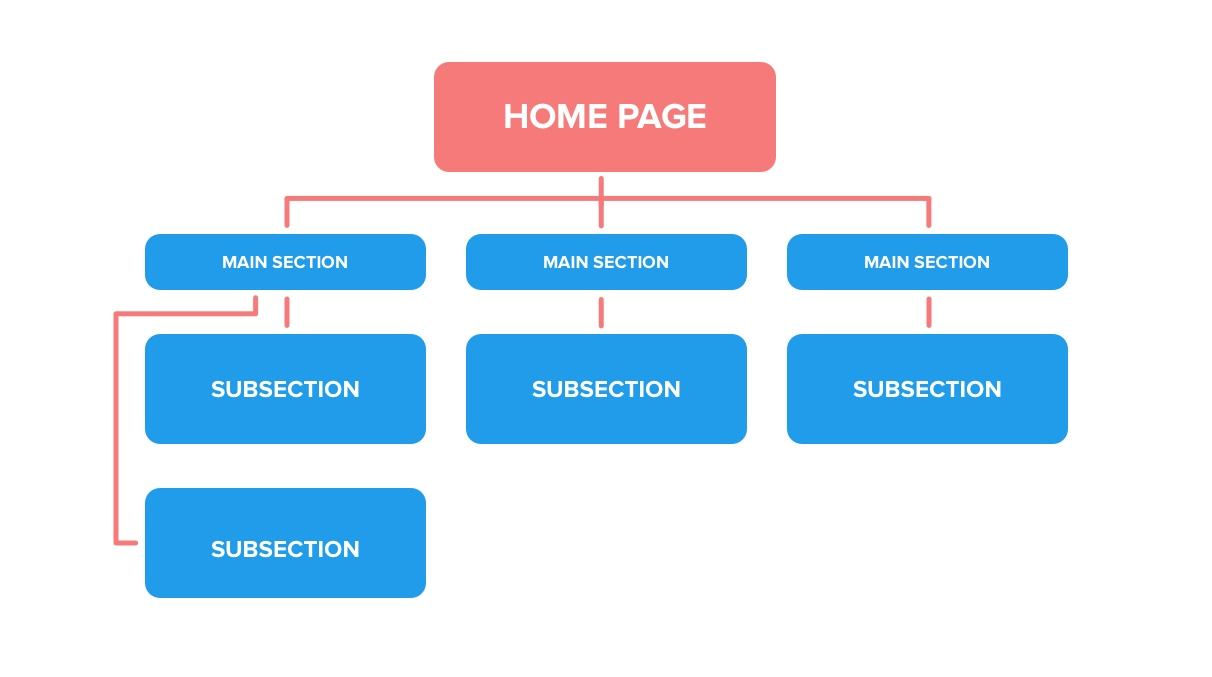
Here are a few things to keep in mind when making your decision:
- Your website's structure should be based on your business's goals. What do you want your website to achieve?
- Your website's structure should be easy for both users and search engines to understand. A complicated structure will only serve to frustrate your visitors and make it harder for search engines to index your site.
- Your website's structure should be flexible enough to accommodate future growth. As your business expands, your website will need to grow with it.
And if somehow your website has much more categories than needed, a lot of unnecessary pagination starts to pop up, and the link equity isn't well-distributed – there are some tips you can follow to untangle your website.
Final Words
SEO is always changing, so it's important to stay up-to-date on the latest trends.
An excellent place to start is by reading blogs and articles from experts in the field.
When it comes to website architecture, there are a few key things to keep in mind.
First, your site structure should be easy to navigate.
Second, all of your content should be easily accessible.
And finally, your site should be designed with search engines in mind.
By following these simple tips, you can ensure that your website is optimized for both users and search engines.
So what are you waiting for? Start planning your perfect website today!



